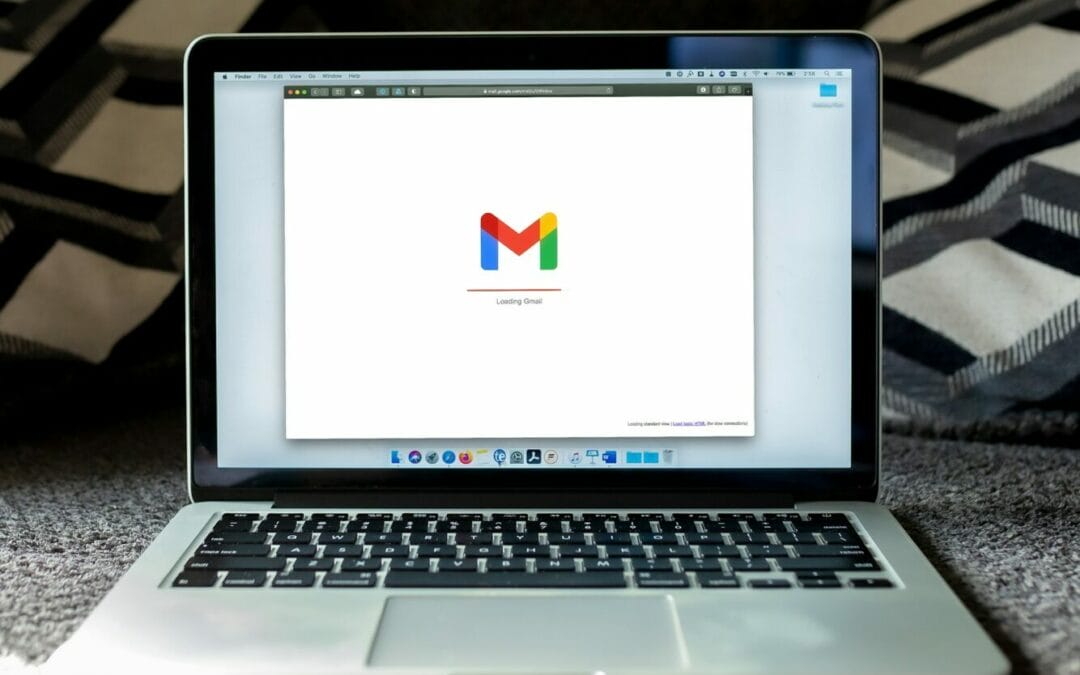Email remains an indispensable communication tool for businesses in 2024, enabling efficient and effective interaction among team members, clients, and partners. As organizations strive to maintain a professional image and streamline their in-house communication, setting up a robust, reliable, and secure email server becomes increasingly crucial.
Implementing a well-configured Email server promotes a seamless, uninterrupted flow of information that markedly improves communication efficiency and productivity. Beyond essential Email sending and receiving tasks, organizations now require advanced email management features, including spam filtering, security measures, and seamless integration with other business applications.
In this article, we will guide you through the process of setting up an email server for your organization, touching on the critical considerations, suitable software selections, and key deliverables that contribute to a successful implementation. We will delve into the benefits of establishing a private, in-house server over relying on third-party providers, highlighting the increased control, customization, and security that such a system offers. Additionally, we will discuss the integration of various tools and features, such as group emails and scheduling, that enhance communication within your organization.
Essential Components for a Successful Email Server Setup
As you embark on the journey to set up an email server for your business, it is crucial to understand the vital components that contribute to its functionality and success. By mastering these elements, you can ensure an efficient and reliable system that fulfills your communication requirements:
1. Mail Transfer Agent (MTA): An MTA is responsible for sending, receiving, and relaying email messages between servers. Selecting a suitable MTA is the first step towards setting up your email server. Popular choices include Postfix, Sendmail, and Microsoft Exchange.
2. Mail Delivery Agent (MDA): Once emails are received by the MTA, the MDA sorts and stores these messages in their respective mailboxes. Dovecot and Courier are well-known MDAs that can effectively manage your organization’s email storage.
3. Email Client: An email client is the software or application that enables users to access, read, and manage their emails. Thunderbird, Microsoft Outlook, and Apple Mail are some popular email clients that offer a wide range of features and integrations.
4. Control Panel and Administration Tools: These tools enable the management of email accounts, domains, aliases, and other email server administrative tasks. Many businesses prefer tools like cPanel or Plesk for this purpose.
Choosing the Right Email Server Software
The selection of appropriate email server software has a significant impact on the performance, security, and overall success of your system. Here are some key factors to consider when making your choice:
1. Compatibility with Your Operating System: Ensure that your chosen email server software is fully compatible with your existing or intended operating system, be it Windows, macOS, or Linux.
2. Scalability and Performance: Assess the anticipated growth of your business and the subsequent increase in email usage. Verify that the software you choose can handle this growth while maintaining high performance.
3. Security and Privacy Features: Opt for software that offers robust security measures such as SSL/TLS encryption, spam filtering, and protection against malware and phishing attacks.
4. Ease of Installation and Configuration: To avoid potential roadblocks and setbacks, look for software that offers user-friendly installation processes and intuitive configuration settings.
Integrating Tools for Enhanced Email Communication
To derive maximum value from your email server, integrate various tools and applications that streamline processes and facilitate better communication within your organization:
1. Scheduling and Calendaring Tools: Integrate scheduling tools like Google Calendar or Microsoft Exchange with your email server. This enables easy management of appointments, meetings, and events, reducing the likelihood of scheduling conflicts.
2. Group Emails and Mailing Lists: Create and manage group emails and mailing lists for seamless communication with teams, departments, or other subsets of your organization. These lists allow for efficient sharing of updates, announcements, and other relevant information with the intended recipients.
3. Email Tracking and Analytics: By tracking vital email metrics such as delivery, open, and click rates, businesses can gain valuable insights into the effectiveness of their communication strategies and improvise accordingly.
4. Automated Email Responses: Automate replies to specific types of emails, such as vacation notifications or general inquiries. This ensures that your clients and partners receive timely responses, fostering strong business relationships.
Securing Your Email Server and Safeguarding Sensitive Information
Ensuring the security of your email server is crucial to protect sensitive information and maintain its integrity. Follow these best practices to safeguard your email server:
1. Implement Regular Backups: Regularly back up your email server data to prevent data loss or corruption due to hardware failure, security breaches, or other unforeseen events.
2. Update Software and Patches: Stay updated with the latest software updates, security patches, and bug fixes to maintain the highest level of security and performance for your email server.
3. Use Strong Authentication Mechanisms: Implement strong and secure authentication methods such as two-factor authentication (2FA) to defend against unauthorized access and protect sensitive information.
4. Monitor and Audit Server Logs: Regularly monitor and review server logs to identify any suspicious activities, potential threats, or security incidents, and take corrective action promptly.
Conclusion
Building a successful email server is a critical investment that businesses can make in their communication infrastructure. By understanding the essential components, selecting suitable software, integrating with valuable tools, and ensuring robust security measures, organizations can deliver professional, reliable, and efficient email communication that fosters growth, collaboration, and success.
In the fast-paced and ever-changing digital world of 2024, Basile Consulting can help you with email server setup to create an impactful, future-ready communication solution. Let’s empower you to stay connected, informed, and agile, paving the way for lasting success in the modern business landscape. Contact us today to schedule an appointment!

